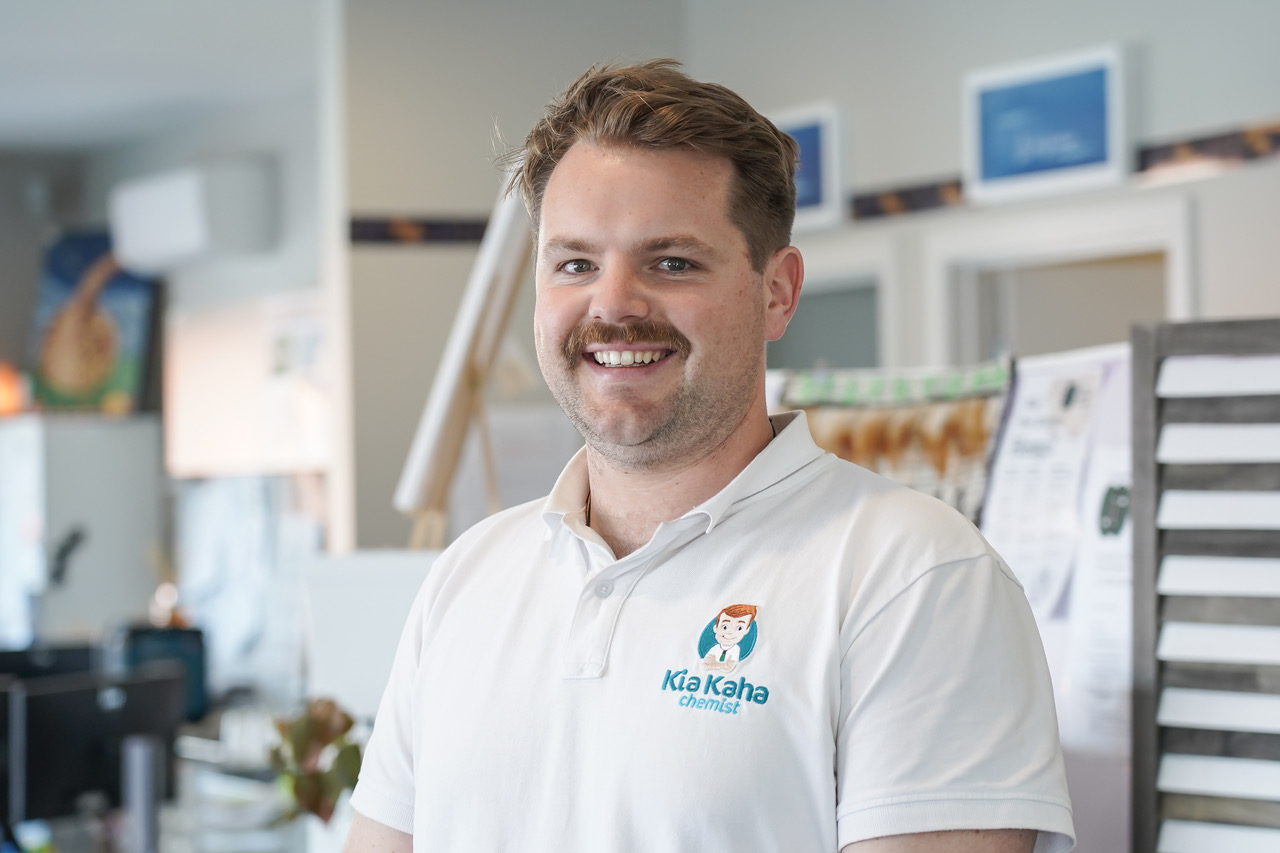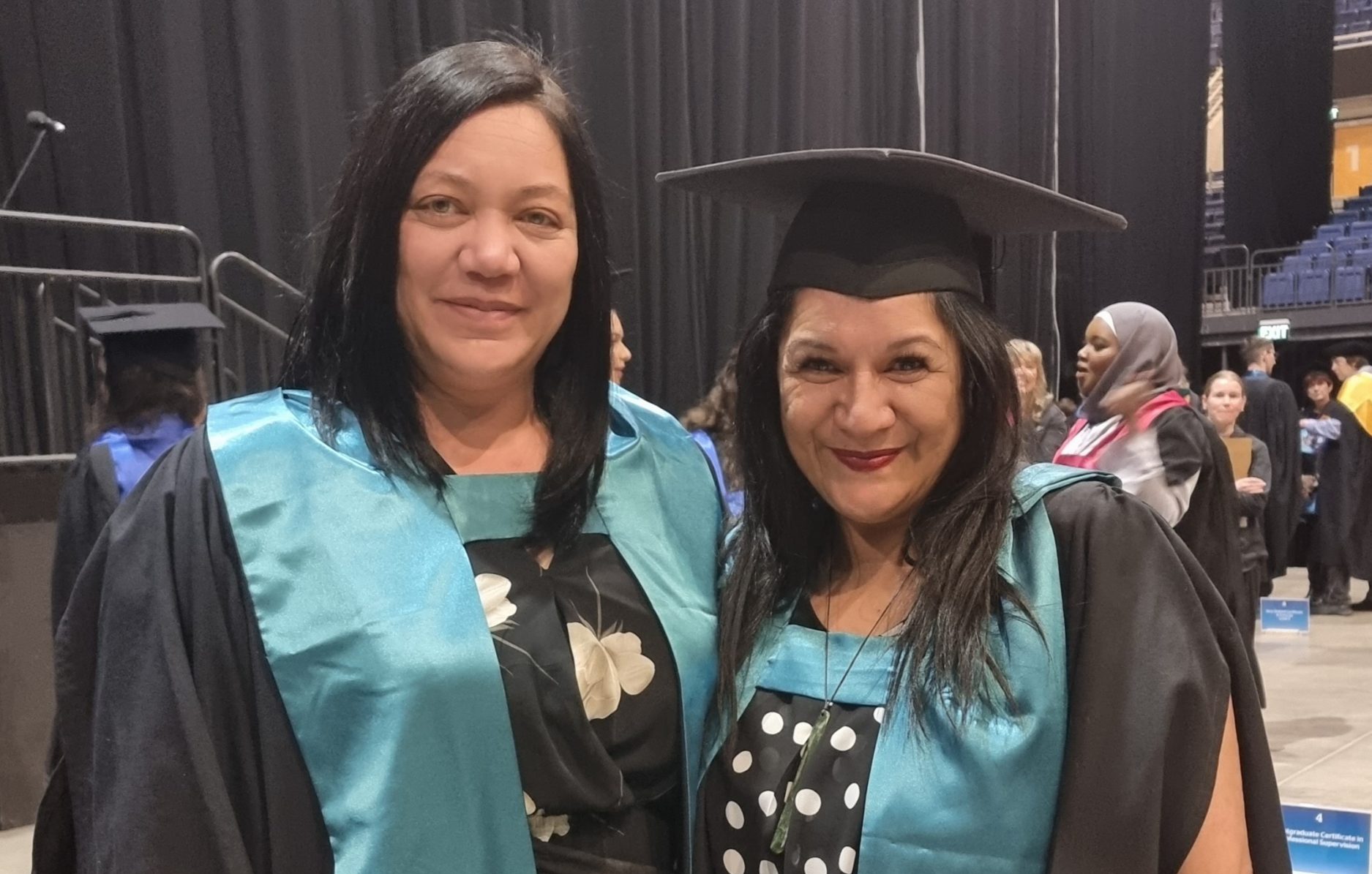LOGIN:
Rukuhia te wāhi ngaro, hei maunga tātai whetū – explore the unknown, pursue excellence.
These kupu are the guiding whakatauākī for Callaghan Innovation, an organisation that is committed to creating new and smarter ways of doing things to benefit all New Zealanders. This week, I was privileged to attend a Māori Innovation Leaders hui in Te Whanganui a Tara, along with our Capability Development Lead Mihi-Rose Tipene. You’ll find more details about this event later in the blog, but it has left me thinking about the nature of innovation. What does innovation look like for our whānau and hapori?
All too often we find ourselves thinking about innovation on a grand scale – giant nets that are clearing our oceans of plastic, self-driving cars that are improving road safety and saving us time. While there is no doubt that these sorts of technological advancements are both impressive and important, they’re still a little out of reach for most of us. If we focus only on this sort of radical innovation, we risk discouraging whānau from thinking about the seemingly small changes they can make to affect their wellbeing – because innovation can also be something simple that makes life easier for one whānau.
When it comes to investing in innovation, we need a shift in mindset.
Whānau Ora has shown us that innovation comes in all shapes and sizes, and that a big kaupapa can come from a small idea. From Little Shop of Taonga, a toi Māori business born out of a dream to create a different lifestyle for one whānau, to Reigning Downs, a riding school created by a former school teacher who saw horses as a way to address gaps in the education system, to Matariki Mushrooms, a whānau business that is helping others to grow their own kai and restore our whenua.
These are just a few of the entities we have been proud to support over the past eight years, who are demonstrating the power of grassroots innovation to affect real change. When investment into innovation is only accessible by large organisations, it shuts whānau out of the opportunity to shape their own futures.
I believe that the Callaghan Institute stands alongside Te Pūtahitanga o Te Waipounamu in recognising the power of innovation at every level. It is my hope that more organisations will come to see what we see: the innate ability that whānau have to create their own solutions, and the inherent right we should all have to explore the unknown and pursue excellence.
Earlier this week, Te Pūtahitanga o Te Waipounamu was fortunate enough to attend the Māori Innovation Leaders hui, hosted by Callaghan Innovation at their Gracefield Innovation Quarter in Lower Hutt, Te Whanganui a Tara.
This one day hui was a great opportunity for us to better understand the vast range of work undertaken by Callaghan Innovation, and how we can support whānau within Te Waipounamu to access these opportunities.
Callaghan Innovation partners with enterprise businesses of all sizes, providing a range of innovation and research and development services to suit each stage of growth. Their capability includes more than 200 of New Zealand’s leading scientists and engineers who empower innovators by connecting people, opportunities and networks, and providing tailored technical solutions, skills and capability development programmes, and grant co-funding. They also enhance the operation of New Zealand’s innovation ecosystem, working closely with government partners, Crown Research Institutes, and other organisations that help increase business investment in R&D and innovation.
While in Te Whanganui a Tara, kaimahi from Te Pūtahitanga o Te Waipounamu were invited to join the Luafutu whānau for a momentous event – the screening of A Boy Called Piano in the House of Representatives. Te Pūtahitanga o Te Waipounamu was proud to support the creation of the award-winning documentary film from The Conch, which tells the remarkable story of Fa’amoana John Luafutu and his time as a state ward in Aotearoa New Zealand in the 1960s and the intergenerational impacts of these experiences.
As always it was wonderful to spend time with these amazing people, and it was especially meaningful to be able to support them on this particular occasion. It is our hope that this powerful film will make a difference where it counts, and support the systemic changes required to protect our tamariki and rangatahi in state care.
On Wednesday our Mauri Ora team was delighted to host our second regional hui for Te Tauihu, after many were not able to attend our first event due to the recent flooding. Everyone gathered together at the beautiful Saxton Oval in Whakatū and enjoyed a beautiful day together with great kai and a fantastic turn out. There was plenty of fun and laughter and a lot of whanaungatanga, and as always this event made our Whānau Ora Navigators eager to catch up with the rest of the NavNation.
On Saturday, our kaimahi and whānau attended Angitu 22, an event celebrating Māori success, Māoritanga, and the revitalisation of te reo Māori at Christchurch Town Hall. We were fortunate to hear kōrero from Stacey and Scotty Morrison, Piri Weepu, Oriini Kaipara, Tā Ian Taylor, Anika Moa, and Stan Walker. They shared with us their challenges in and around identity and te reo Māori, career highlights and milestones, hauora, as well as the importance of balancing mahi and home life and creating strong whānau foundations. We were also lucky enough to have intimate kōrero with Stan about whakapapa and Whānau Ora, moko kauae and political discussions with Oriini, and an opportunity to collaborate for tamariki and rangatahi Māori in kura with Tā Ian. We want to acknowledge Hustle Events for hosting this inspiring and amazing kaupapa, and to the speakers for sharing their whakaaro and mātauranga.
Last week we visited Brendon McIntosh of Kia Kaha Chemist in his clinic in Queenstown. Based out of the Engage Safety premises, Brendon is dedicated to supporting whānau Māori improve their health and wellbeing using nutritional medicine as well as pharmaceuticals. We are working with Brendon as part of our Aroā workstream to put together a series of video resources that will help whānau understand some of the common health issues faced by Māori: what symptoms to look out for, options for treatment, and specific kai that can help.

Earlier this month two of our amazing Whānau Ora Navigators Amelia Hollman and Nadia Te Moananui graduated at Christchurch Arena. Both wāhine have completed the New Zealand Certificate in Health and Wellbeing (Social Services Level 4), a qualification that will serve them well in their mahi supporting whānau.
Amelia also had the opportunity to wear a cap for completing her Bachelor of Applied Management (Māori Organisational Leadership) back in 2016, after being unable to attend her graduation ceremony in the wake of the Kaikōura earthquake. Meanwhile, Nadia proudly represented her whānau as the first member to graduate.
